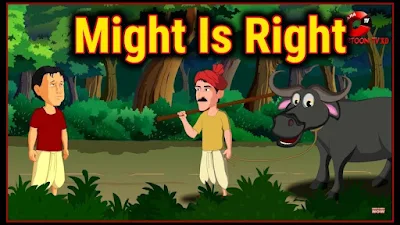A Season of Pause — Winter Break in Punjab Brings Relief, Joy and Reflection As frost sets in and mornings grow colder, the people of Punjab get a much-anticipated pause. The Punjab government has announced that all public and private schools across the province will observe winter vacations from 22 December 2025 to 10 January 2026. For many families — especially in places like Sahiwal, Faisalabad, Multan, and other central/southern districts — this annual break is more than just days off. It is a season of relief, reconnection, and possibilities. Why the Break Matters (Beyond Textbooks) ❄️ Health & Safety First December and January bring biting cold, dense fog, and often treacherous commuting conditions across Punjab. For kids traveling long distances on bikes or school transport, early-morning cold and low visibility pose real risks. The winter holiday gives children a chance to avoid harsh weather and reduces chances of cold-related illnesses. Many parents feel a sense...
The phrase "might is right" suggests that power or strength is the ultimate determinant of what is considered right or just. This concept is often associated with the idea that those who possess the ability to enforce their will are entitled to dictate what is morally or ethically correct.
However, it's important to note that this perspective is controversial and widely debated. Many ethical and philosophical systems argue that justice and morality should be based on principles such as fairness, equality, and human rights, rather than simply on the possession of power.
Historically, the idea of "might is right" has been used to justify actions that are now widely condemned, such as oppression, colonization, and aggression. In contemporary society, there is a general consensus that ethical principles and human rights should guide our actions, and that the use of power should be constrained by these principles.
Ultimately, whether one believes "might is right" is a true rule often depends on personal values, cultural perspectives, and philosophical beliefs. It's worth considering the potential consequences and ethical implications of such a viewpoint.


Comments
Post a Comment